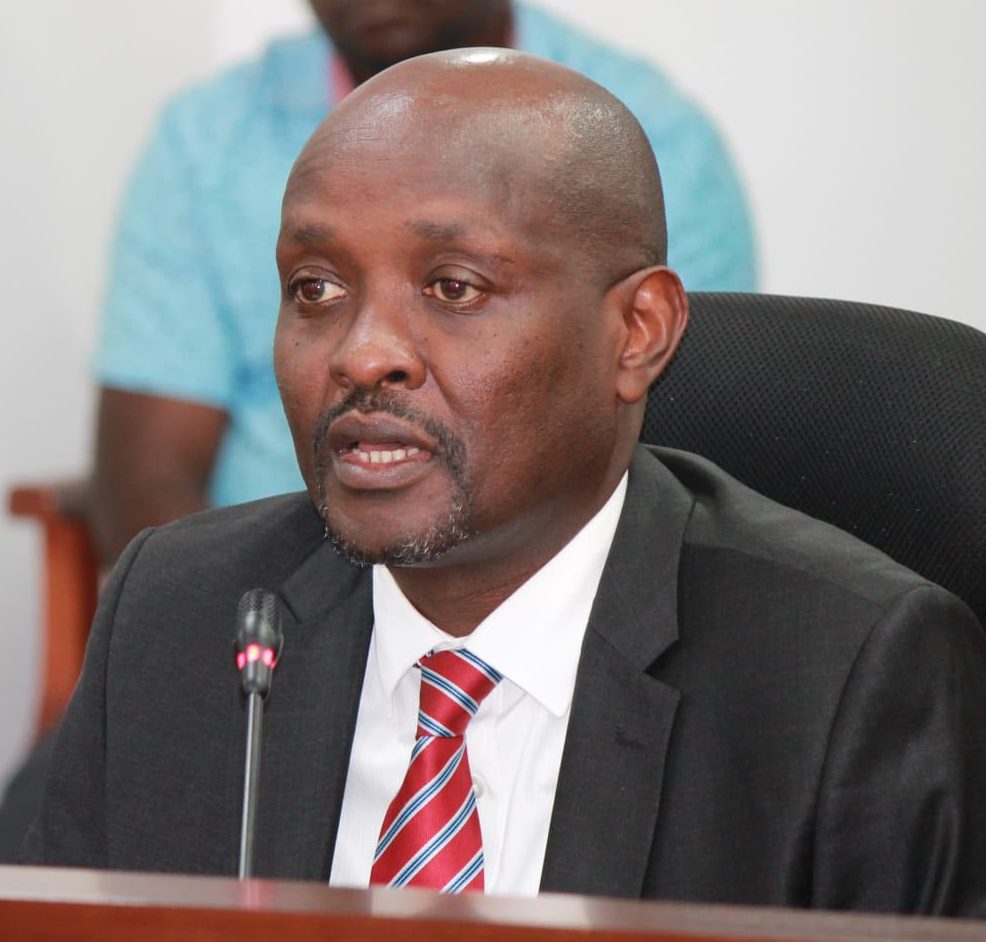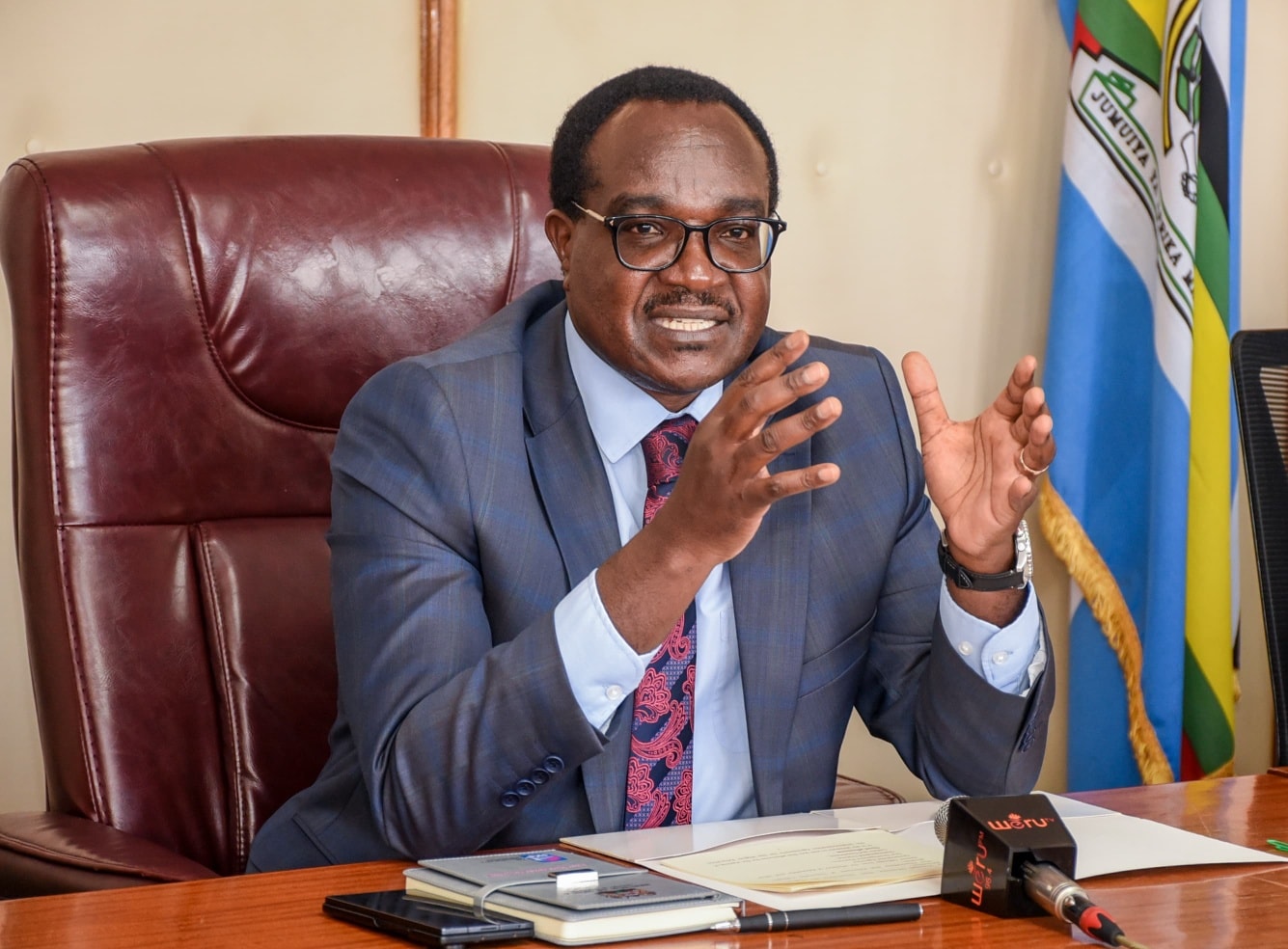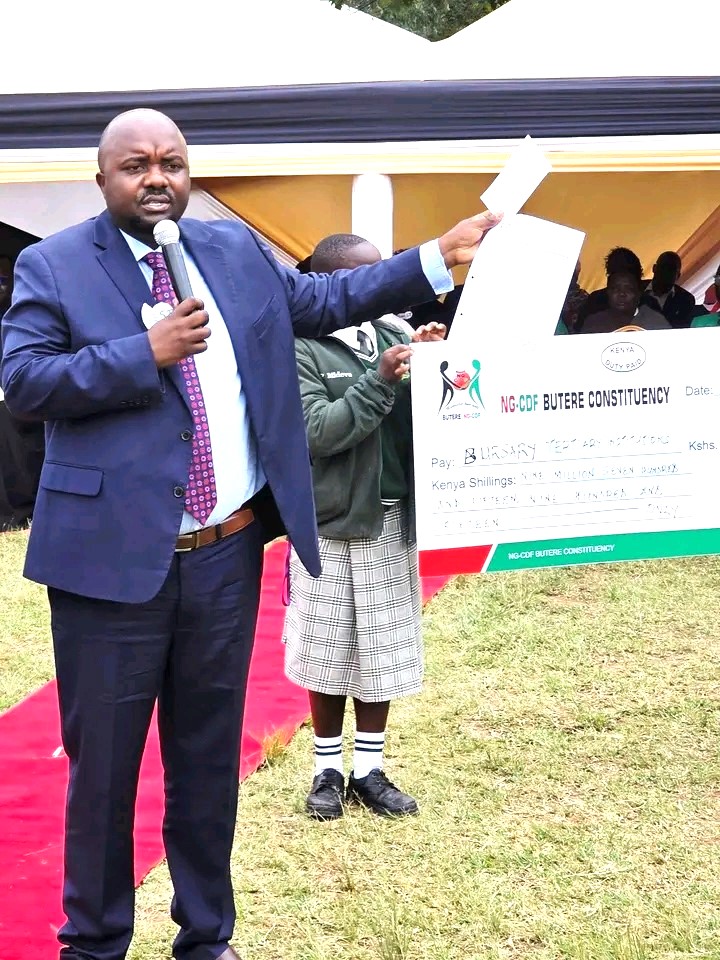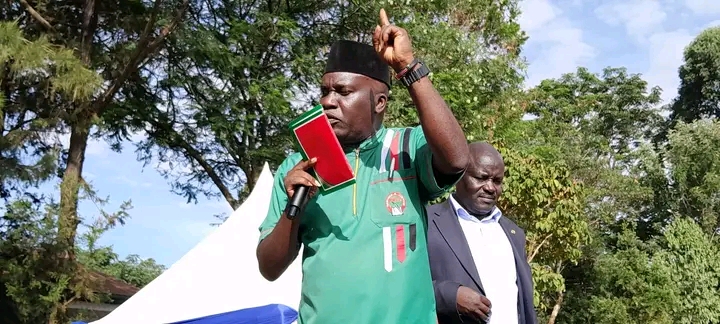The Higher Education Loans Board (HELB) is turning to the classroom teachers to bridge the equity gap in tertiary education financing.
In a renewed strategy, HELB is calling on teachers to become frontline advocates in identifying students facing financial hardship, ensuring support reaches those who need it most.
HELB CEO Geoffrey Monari delivering the message at the Kenya Secondary School Heads Association (KESSHA) National Conference in Mombasa recently, he reaffirmed the board’s broader mission to build a workforce capable of thriving not just locally, but globally.
“Our goal is to equip Kenyans with the educational tools to compete and work anywhere in the world. Teachers, as mentors and guides, are crucial in helping learners envision and pursue their academic futures,” Monari emphasized.
ALSO READ:
Monari highlighted the value of vocational training, noting that graduates of Technical and Vocational Education and Training (TVET) institutions earn, on average, 27% more than KCSE graduates. He urged teachers to steer students toward such opportunities.
Since its formation in 1975, HELB has injected over KSh179 billion into Kenya’s education system, reaching more than 1.7 million students. Currently, 463,150 borrowers are actively servicing a collective loan balance of KSh66 billion.
Yet the board is grappling with a significant funding shortfall, KSh36 billion to be exact. While HELB has secured KSh41.5 billion to date, soaring demand for tertiary education financing continues to outpace available resources.
Despite the challenges, he commended the teaching fraternity, which he said has the largest number of diligent HELB loan repayers. He also dismissed concerns that HELB loans are prohibitively expensive, calling the 4% interest rate a “highly manageable investment in the future.”
ALSO READ:
Govt has invested Shs. 1.4 bn in massive education infrastructure projects in Nyamira, says Owalo
In a candid reflection on past verification methods, Monari critiqued the misuse of community-based vetting systems, where some chiefs allegedly demanded facilitation fees or misclassified applicants.
To ensure a more ethical and accurate assessment, HELB now aims to collaborate more closely with schools. Teachers, who engage with students throughout their academic journey, are in a prime position to discern genuine cases of need.
He also touched on the stigma that prevents truly vulnerable learners from opening up, while cautioning against manipulation by students from rich backgrounds who misrepresent themselves as needy.
By Masaki Enock
You can also follow our social media pages on Twitter: Education News KE and Facebook: Education News Newspaper for timely updates.
>>> Click here to stay up-to-date with trending regional stories
>>> Click here to read more informed opinions on the country’s education landscape






